Preparations and Warm Ups
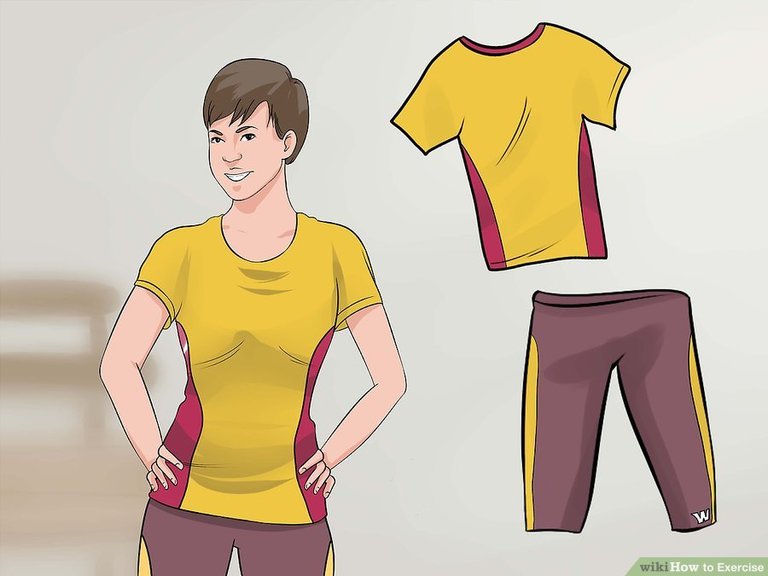
1💙 Portez des vêtements appropriés si vous êtes adulte. Maintenez votre fréquence cardiaque en faisant des vérins de saut pendant 10 minutes. Si vous êtes un adulte, vous voudrez porter des vêtements qui ne restreindront pas vos mouvements ou la circulation sanguine. Ne portez pas de vêtements très serrés, surtout autour des articulations. Vous aurez également besoin de porter des vêtements faits de matériaux qui respirent bien, car vous transpirez lorsque vous faites de nombreuses formes d'exercice. Des vêtements conçus spécifiquement pour l'exercice peuvent être trouvés facilement.
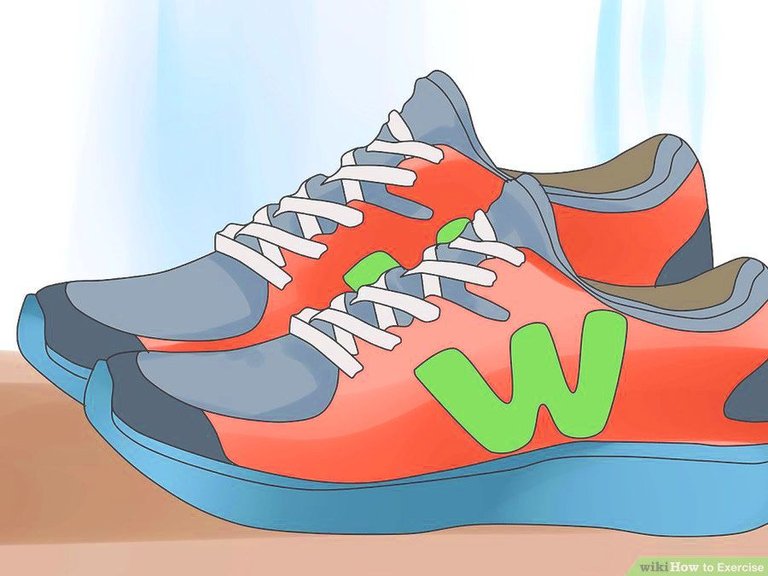
2💙 Wear the right shoes. Just because we call them tennis shoes does not mean they are great athletic shoes. Shoes like Converse have little shock absorbency and can be terrible for your feet and bones. Get shoes which fit comfortably and are designed for the type of activity that you intend to do.
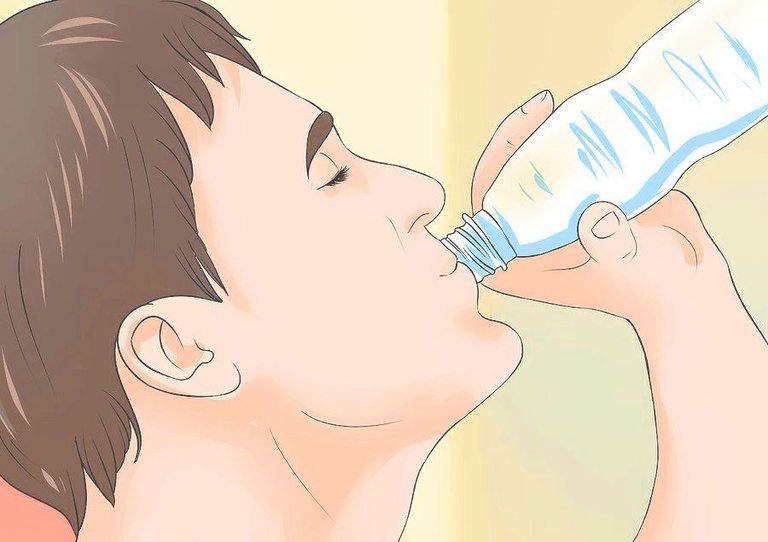
3💙 Hydrate. Drink lots of water before you exercise. Your body will need the water to help your muscles work and also to help you sweat. If you’re dehydrated before you start, just think about how you’ll feel afterwards!
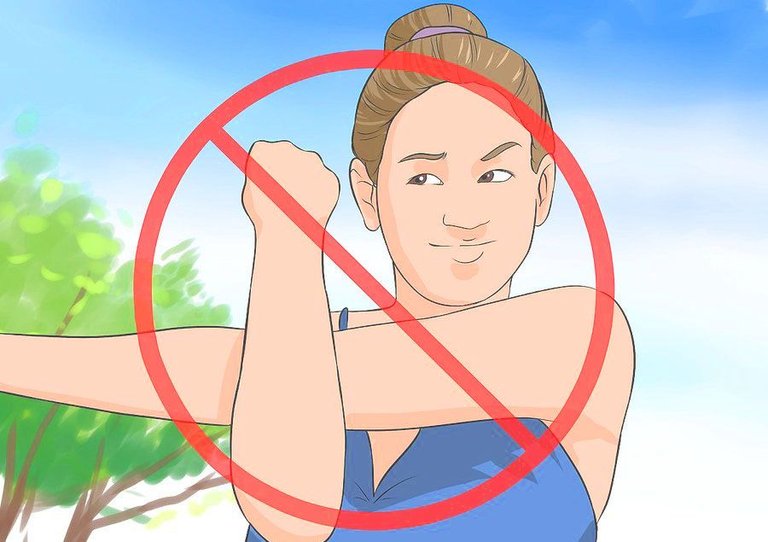
4 💙 Don’t stretch! Don’t stretch before exercising. Contrary to popular belief, studies have shown that this is not helpful and will not allow you to perform any better. If anything, stretching before exercising will make you worse off: it’s a great way to pull or strain a muscle and hurt yourself! Needs citation.
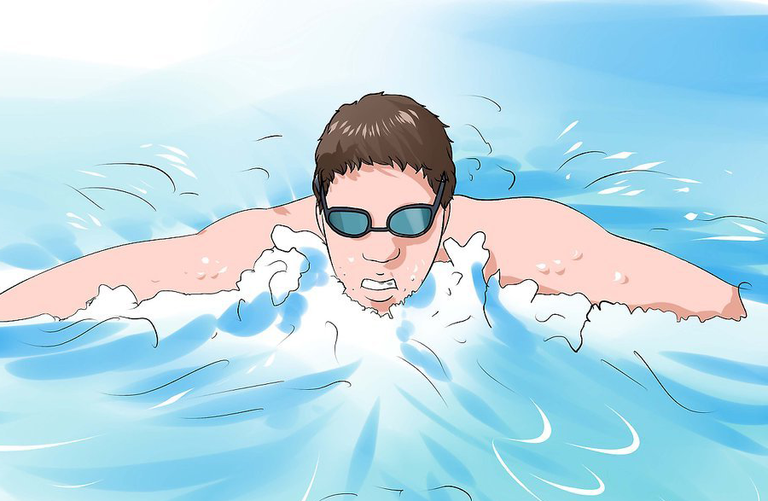
5💙 Do warm up exercises. Though researchers cannot agree definitively on whether or not warm ups help you to perform better in exercises, they all agree that warming up certainly won’t hurt.[2] Warm up before exercising by doing a less intense version of your intended workout for 5-10 minutes. If you plan to run, jog first. If you intend to swim, swim slowly.
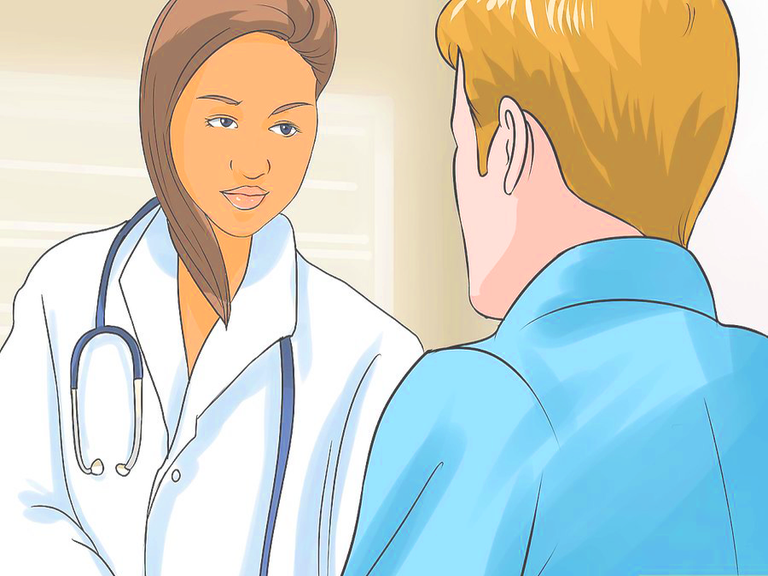
6💙 Check with your doctor. Certain conditions may make it a good idea to check with your doctor before starting an exercise regimen. There are exercises for every health condition[3], but it’s a good idea to know what to avoid. Exercising should make you feel healthy and good in your own body: not hurt you!
If you have diseases or conditions like asthma or lung problems, arthritis, diabetes or liver and kidney problems, or heart disease, definitely talk to your doctor before starting a new exercise regimen.[4]
If you notice certain problems, you will also want to talk to a doctor. These include things like pain or dizziness following physical exertion, shortness of breath after very mild exertion or when at rest, or swelling in the ankles.
You may also want to talk to a doctor simply to find out what kind of exercise they recommend for your particular goals and health conditions. You can also consult with a nutritionist and a trainer for more information on exercising and how you can best meet your goals.
U5dtjrXYyNbAczMeScAsy84ErPFaojo_1680x8400.png
We can talk on Steemit.chat.
You can follow me on https://steemit.com/@julia.sports.
You should join@julia.sports & start trading.
Hi! I am a robot. I just upvoted you! I found similar content that readers might be interested in:
https://www.wikihow.com/Exercise
It's my site welcome
thnx